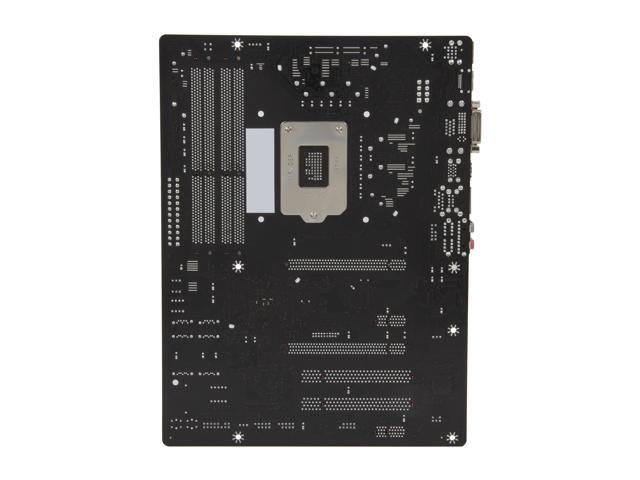

- INTEL SMART CONNECT TECHNOLOGY 3.0 X64 UNSUPPORTED HARDWARE MANUAL
- INTEL SMART CONNECT TECHNOLOGY 3.0 X64 UNSUPPORTED HARDWARE PRO
It is an artificial limitation that should not be in place, outside of pure greed.Ĭlick to expand. Personally, I need some capacity for my development work.Īs for my assessment of VROC, which is the important thing here, it looks like there might be an issue with one of the drives, which led me to believe one of the sockets was outright disabled, but it looks like it merely can't be used for RAID in any way without the VROC or using an Intel Optane stick.Īt any rate, the main complaint still exists: No bootable RAID0 arrays without VROC or Intel-branded storage. Ideally, I'd like to see NVME hit 2TB capacities at the near same price/GB as 512GB sticks, and 4TB SATA drives similarly extrapolating in price. It's very possible I'll forgo a RAID in my next build, if I can get decent capacity in a single stick (without paying too much). The claim was that you could have 20 drives in a RAID0 array and have almost no bottlenecks.Īs for my own system, I built that last summer, and I had already RAID0'd some Samsung SSDs in my previous build, but also I wanted to push NVMEs as far as they could go, and also get some sort of decent capacity for my boot drive. Obviously, some of the problems arise from rushing these boards out two months early, but there is no excuse for Intel's greedy nonsense.Ĭlick to expand.My brother in law is just trying for one-upsmanship, I think, LOL.Īt any rate, Intel was promising upwards of 16GB/s with their new tech, and specifically targeting NVMEs for RAID arrays. In my mind, this is worse than false-advertisement. It certainly says nothing about not being able to boot from a RAID0 array without the VROC key or Intel-branded SSDs. So the scam is this: You already paid a premium for a motherboard that advertises 3 usable, RAID-able M.2 slots, and says nothing about restricted to Optane-only drives or requiring a VROC key to actually use the feature.
INTEL SMART CONNECT TECHNOLOGY 3.0 X64 UNSUPPORTED HARDWARE MANUAL
Worse, the third M.2 slot is not recognized, and I don't think this is because the motherboard is faulty, since the manual mentions the VROC Upgrade Key in association with that specific slot.Īfter spending hours shuffling drives around, trying various BIOS settings to varying (but very disappointing) results, we are left, in best case, with only TWO usable M.2 slots, and while you can create a RAID0 array with non-Optane drives without the VROC key, you CANNOT boot from that RAID array - Windinstall will not recognize it. Reading the fine print, the system is "Optane-ready" which appears to mean, if you aren't using Optane, or shell out extra money for the currently non-existent VROC key, no bootable RAID0 for you. We assembled the system, and everything else, at least, worked great. I have something similar working great on my own Gigabyte Z170X Gaming 5 motherboard (using 2x Plextor drives).
INTEL SMART CONNECT TECHNOLOGY 3.0 X64 UNSUPPORTED HARDWARE PRO
His plan was to buy 3 512gb Samsung 960 Pro nvme sticks and RAID0 them as a boot drive. So my BIL bought a Gigabyte Aorus Gaming 7 motherboard ($400!!) because it advertised 3X M.2 RAID.


 0 kommentar(er)
0 kommentar(er)
